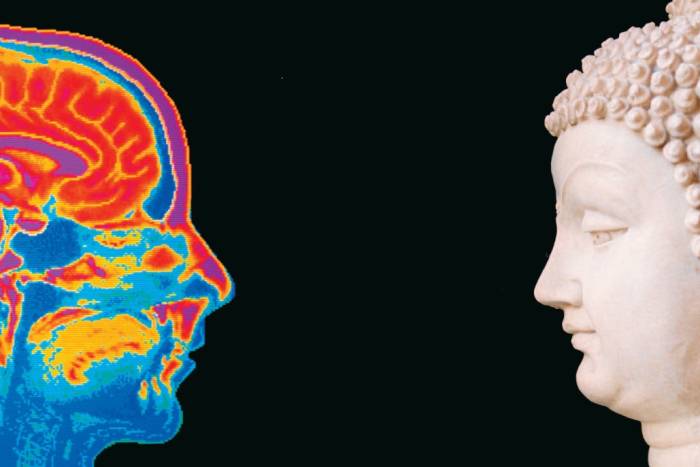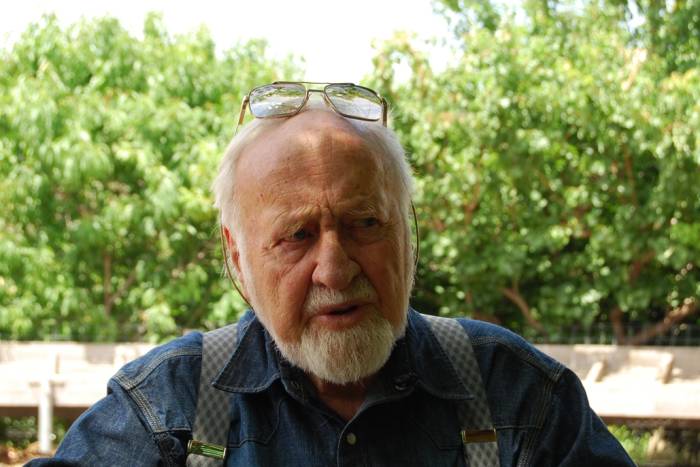Want to rid yourself of cultural prejudices? Just travel.
Advice from Mark Twain hasn’t lost its import: going out into the world, we’re confronted with essential qualities that allow us to live together and to form bonds.
In 1867, Mark Twain traveled to the Middle East and several other Mediterranean countries, both in Europe and Africa. Due to both the conditions of travel at the time and for the trip’s symbolic value, and also for the effort involved in crossing the ocean to arrive on another continent, the trip didn’t pass unnoticed in the writer’s life.
Professionally, he took advantage of the journey to exercise the journalistic skills which he’d by then well mastered. Earlier, in 1860, he’d made a similar journey, when the Sacramento Union newspaper paid for the texts Twain had written on his trip to Hawaii aboard the steamship, Ajax. As a result of the enthusiasm with which readers received Twain’s writings, another newspaper, the Alta California, hired him for a similar trip. Also by sea, this time his journey led from San Francisco to New York with a stop in Panama.
The trip in 1867 was somewhat more special. Twain was free to write without restriction in the ironic style for which he was well known. On board the Quaker City, the trip was one of the first in history to presage what we know today as tourism. In fact, it might be considered an inaugural point, if not of travel literature the tradition of which goes back much further than Mark Twain, but of the literature of tourism, inseparable as it is from the modern way of traveling so common in the 20th century. Dozens of places may be visited on the same itinerary, often at some distance from one another and with the importance of any one being never fully delved into.
“An Excursion to the Holy Land, Egypt, Crimea, Greece and Places of Intermediate Interest” was the description used to promote the trip. Twain joined some of his compatriots on the journey and made some of his most acute observations (especially on the customs of the countries he visited), but also some of his most lucid notes on the primary benefits of traveling. Twain wrote:
"I have no fault to find with the manner in which our excursion was conducted. Its programme was faithfully carried out—a thing which surprised me, for great enterprises usually promise vastly more than they perform. It would be well if such an excursion could be gotten up every year and the system regularly inaugurated. Travel is fatal to prejudice, bigotry, and narrow-mindedness, and many of our people need it sorely on these accounts. Broad, wholesome, charitable views of men and things can not be acquired by vegetating in one little corner of the earth all one’s lifetime."
Especially in the final lines of this paragraph we see that, for Twain, travel, above all, allows us to see that which is obvious and which we too often forget. Culture, identity, borders separating one country from another; all of these are accidents of history, the products of specific circumstances and in no way “natural” phenomena. To some large extent, this is liberating, as it allows us to see how absurd it was to think that one culture is better than another, that one language is superior, or that one country is preferable to others. Although often cloaked in solemnity and importance, this is still just a line and perhaps a few words in the immeasurable book of time.
Understood this way, we may cease concentrating on the accidental and then look for the essential. Not the language of a person, but the person him or herself. Rather than seeking cultural barriers, we find meeting points which allow us to be with others. We see not borders, but the details of the common and shared territories in which we find ourselves.
Twain’s chronicles of the journey, including the passage cited above, are gathered in a work entitled The Innocents Abroad.
Related Articles
Why shrinking the size of life is synonymous of well-being
One of the great misunderstandings regarding modern spirituality is that to achieve it requires many things: readings, food, exercise, travel, groups and techniques. But perhaps it should be suggested
What is energy medicine yoga?
Energy Medicine Yoga (EMYoga) is slightly different from other types of Yoga, but it provides the same benefits in addition to a few very specific ones. One of them is that it gives you much more in
Red tea, the best antioxidant beverage on earth
Red tea is considered to be the most unusual of teas because it implies a consistently different preparation process. ––It is believed that its finding came upon surprisingly when traditional green
Is the internet on the verge of self-awareness?
More than 50 years ago, Marshall McLuhan described technology as an extension of our brains, constantly mutating and branching out. “These new media have made our world into a single unit,” the
How art can help us to age, healthy
Perhaps many of us already well know the formula for aging in health and wellness. A balanced diet and, as much as possible, one that’s natural. Keep our brains active and stimulated. Preserve and
Earthanima: documenting the living language of nature
The basic intuition that the Earth is alive and that nature has a language through which it communicates with us is what prompted this wood-art project named Earthanima. For the past couple of years
Dialogue with the Dalai Lama on science and spirituality
The Dalai Lama has been interested in science since he was a child. Over the years he’s visited many laboratories and has attended conferences that discuss consciousness from the scientific point of
Brian Eno's literary recommendations to rebuild society
Artists and authors often get asked what books or records they’d take with them to a deserted island. On principle, this is naturally an extreme anthology: urgency and tragedy guide its selection. It
Bill Mollison, natural ideologue and father of permaculture
Permaculture has established itself as a path towards communitarianism, but one that is in full symbiosis with nature. In practice, it is more than just a combination of agriculture, horticulture
A New Year's resolution for the earth
Worrisome quantities of waste are generated by human populations. Especially in cities, these have reached unprecedented and alarming levels. A largely uncontrolled practice, it affects everything on










